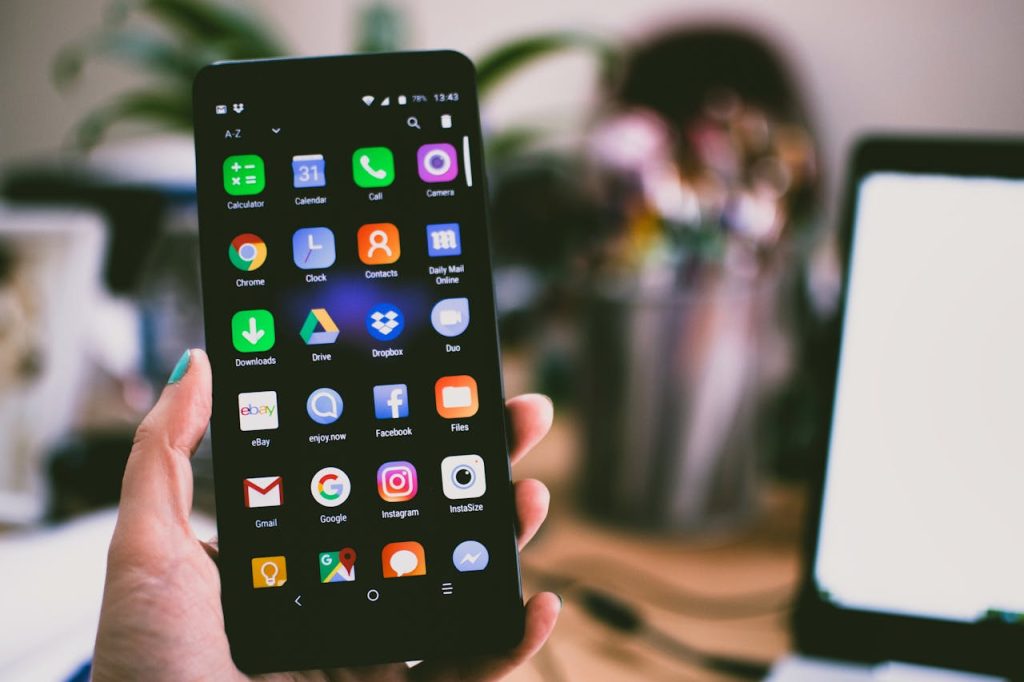
Retirement should be a time to relax, not worry about money slipping away. But many people don’t realize how much small, recurring expenses can add up, especially those tied to apps on your phone or tablet. These apps often start as harmless subscriptions or “free” trials, but over time, they can quietly drain your retirement budget. You might not even notice the impact until you check your bank statement and see how much is going out each month. It’s easy to overlook these costs because they seem small on their own. But together, they can make a real dent in your savings. Here’s how some common apps might be taking more from your retirement budget than you think.
1. Streaming Services
Streaming apps like Netflix, Hulu, and Disney+ are everywhere. They promise endless entertainment for a monthly fee. But if you subscribe to more than one, the costs add up fast. Many people forget to cancel free trials or keep multiple subscriptions they rarely use. Even a $10 or $15 monthly charge can become hundreds of dollars a year. If you’re not watching regularly, consider cutting back to just one service or sharing a plan with family. Review your subscriptions every few months to see what you really use.
2. Food Delivery Apps
Apps like DoorDash, Uber Eats, and Grubhub make it easy to order food without leaving home. But the convenience comes at a price. Delivery fees, service charges, and tips can turn a $12 meal into a $25 expense. If you use these apps often, you could be spending hundreds each month without realizing it. Cooking at home or picking up your order can save a lot. Try tracking your food delivery spending for a month. You might be surprised by the total.
3. Fitness and Wellness Subscriptions
Fitness apps and online workout programs are increasingly popular, particularly among individuals seeking to stay active from the comfort of their own homes. But many charge monthly or yearly fees. Some apps also offer “premium” features that cost extra. If you’re not using the app regularly, you’re wasting money. Look for free alternatives or stick to one program you enjoy. And always check if you’re being charged for old subscriptions you no longer use.
4. Mobile Games With In-App Purchases
Many mobile games are free to download but make money through in-app purchases. These can be tempting—just a few dollars for extra lives or special items. But small charges add up quickly, especially if you play often. Some people spend hundreds or even thousands a year without noticing. Set limits on in-app purchases or avoid games that push you to spend. If you have grandkids who use your device, check your settings to prevent accidental charges.
5. Cloud Storage Services
Apps like iCloud, Google Drive, and Dropbox offer extra storage for a monthly fee. It’s easy to sign up when you run out of space, but many people pay for more storage than they need. Review your files and delete those you no longer use. You might be able to downgrade to a free plan or a cheaper option. If you’re paying for multiple storage services, pick one and cancel the rest.
6. News and Magazine Subscriptions
Many news outlets and magazines have moved to digital subscriptions. It’s easy to sign up for a low monthly rate, but these charges can pile up. If you subscribe to several publications, you could be spending $50 or more each month. Ask yourself which ones you actually read. Many libraries offer free access to digital magazines and newspapers. Check what’s available before you pay for another subscription.
7. Shopping and Deal Apps
Apps like Amazon, eBay, and Groupon make it easy to shop from your phone. They send notifications about sales and deals, tempting you to buy things you don’t need. Even small purchases can add up over time. If you find yourself shopping out of boredom, delete the app or turn off notifications. Make a list before you shop and stick to it. Remember, a deal isn’t a deal if you didn’t need the item in the first place.
8. Budgeting and Finance Apps
It sounds strange, but some budgeting apps can actually hurt your retirement budget. Many charge monthly or yearly fees for “premium” features. If you’re not using these tools to their full potential, you’re wasting money. There are plenty of free budgeting tools available. Review what you’re paying for and decide if it’s worth it. Sometimes, a simple spreadsheet does the job just as well.
Small Charges, Big Impact
It’s easy to ignore small, recurring charges. But over time, these apps can quietly steal a big chunk of your retirement budget. Take a close look at your bank and credit card statements. Cancel subscriptions you don’t use. Set reminders to review your spending every few months. Protecting your retirement savings doesn’t have to be hard, but it does take attention. Every dollar you save now is a dollar you can use later for things that really matter.
Have you found any apps quietly draining your retirement budget? Share your experience in the comments.
Read More
Phone Apps That Drain Battery and Bank Account at the Same Time
8 Apps You Could Make Right Now to Start Making Six Figures
The post 8 Apps That Are Quietly Stealing Your Retirement Budget appeared first on The Free Financial Advisor.







